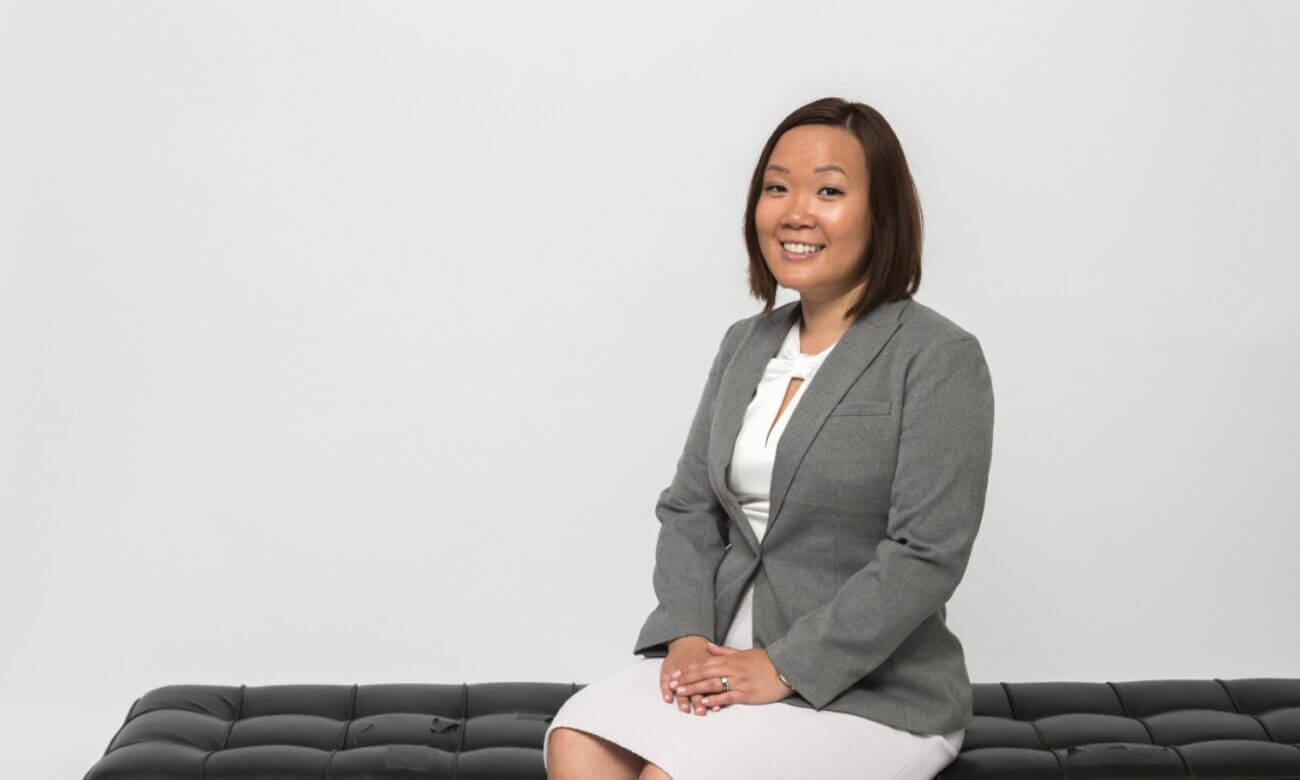What a mutual fund flop, part-time jobs and a box of Nerds taught Sandy Yong about managing her money

Who are your money and finance heroes?
If I had to narrow it down to my top three, it would be Andrew Hallam, Melissa Leong and Warren Buffet. I read Andrew Hallam’s book, The Millionaire Teacher, about a decade ago. Fast forward to today, and I like to call him one of my mentors. Seeing Melissa Leong’s success gives me hope that I too can inspire young women to achieve their financial goals. And, it’s important to have asian women represented in the personal finance industry. Finally, Warren Buffett. As a value investor, he’s one of the most successful investors of all time and I admire how many charities he donates to.
How do you like to spend your free time?
Besides spending time with friends and family, prioritizing my health is important to me, so I play volleyball and do fitness classes. I also love to play with my two pet rabbits, Captain Pancake and Cinnabun.
If money were no object, what would you be doing right now?
I would be having more experiences, like travelling to different countries and visiting the Disney resorts, or dining at Michelin star restaurants.
What was your first memory about money?
As a kid, I would beg my parents to buy me candy at the grocery store. I was very persistent but my father would stand his ground and, eventually, I’d give up. That’s when I learned that I couldn’t always have whatever I wanted because we had to stick to our grocery budget.
What’s the first thing you remember buying with your own money?
I saved money from the tooth fairy, my birthday, Chinese New Year and Christmas in a piggy bank. I remember my father taking me to the Becker’s convenience store down the street and letting me hand over some coins to the cashier in exchange for some candy (my favourites were Nerds, Junior Mints and Pop Rocks). It’s when I realized that to get something, you need to exchange something of equal value to the other person.
What was your first job?
My first real paying job was working as a barista at a coffee shop in the Beaches in Toronto during high school. I spent some of the money on buying clothes at Eaton Centre, some on buying CDs from Columbia House, and saved some of it. I always had different part-time jobs throughout high school and university, and I paid for my own post-secondary education. Looking back, I’m glad that I had those work experiences. They taught the value of money and how to manage my income.
What was the biggest money lesson you learned as an adult?
In my early 20s, I was convinced by a sales rep at one of the big banks to purchase high-risk, high-fee, non-diversified, actively managed mutual funds. At first, the funds were performing well but they ended up tanking soon after. I was making a modest salary and losing my hard-earned money was a devastating experience. I realized that I needed to be in control of my finances and not put blind faith into someone else. I’m thankful that I went through that experience because it pushed me to do my own research and understand how investing in the stock market works. Thanks to the Canadian Couch Potato, I decided to become a successful self-directed investor and haven’t looked back since.
What’s the best money advice you’ve ever received?
Investing in yourself is the key to success. After I graduated from university, I continued to take courses, read books, and attend workshops and conferences to learn new skills. I think many people graduate from school never pick up a book again. By investing in myself, this has helped me to grow personally and professionally.